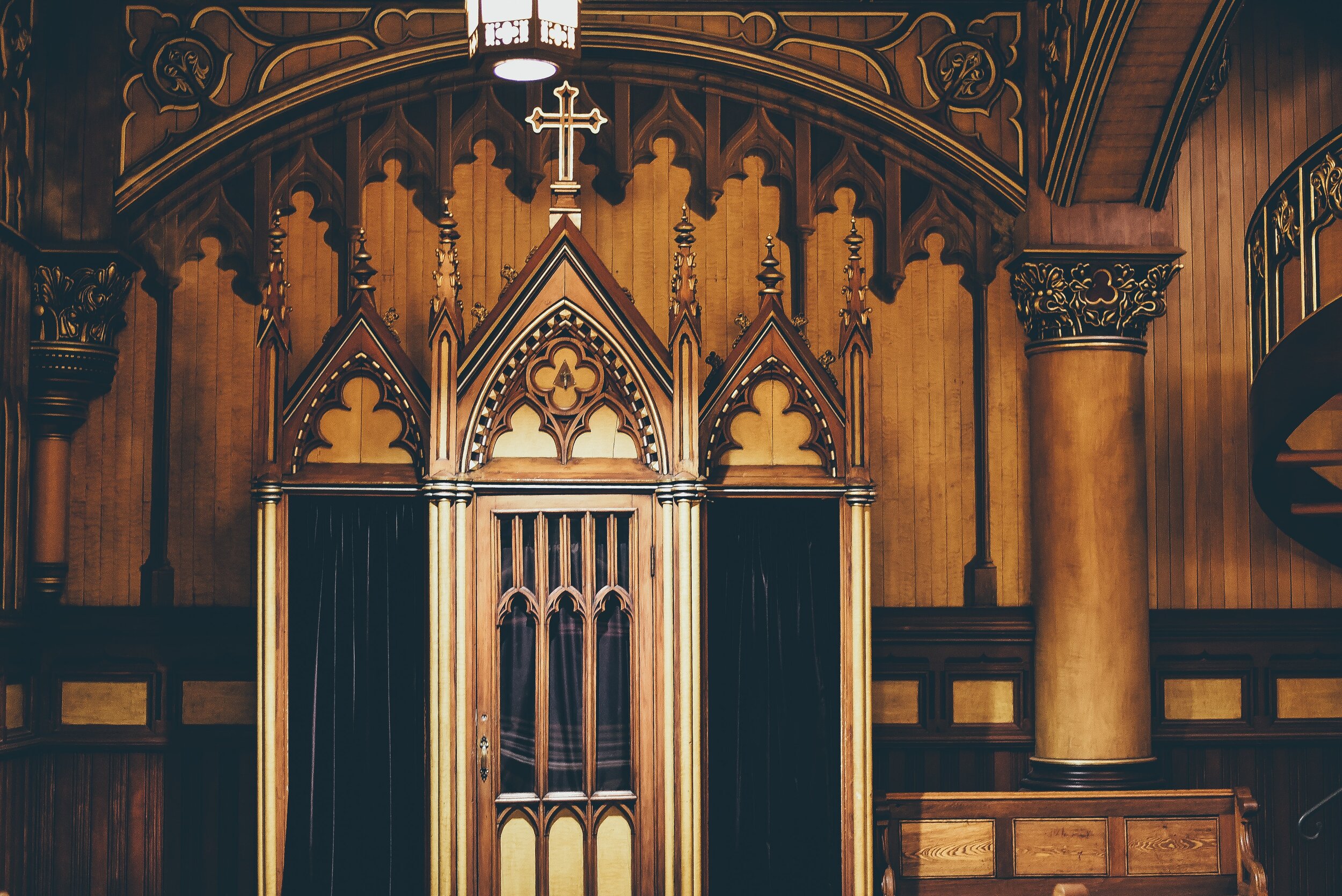Penitence and Pain: Donne’s Holy Sonnet III
Missy Andrews | February 24, 2020
O might those sighs and tears return again
Into my breast and eyes, which I have spent,
That I might in this holy discontent
Mourn with some fruit, as I have mourned in vain;
In mine Idolatry what showers of rain
Mine eyes did waste! what griefs my heart did rent!
That sufferance was my sin; now I repent;
‘Cause I did suffer I must suffer pain.
Th' hydropic drunkard, and night-scouting thief,
The itchy lecher, and self-tickling proud
Have the remembrance of past joys for relief
Of coming ills. To (poor) me is allowed
No ease; for long, yet vehement grief hath been
Th' effect and cause, the punishment and sin.- “Holy Sonnet 3” by John Donne
In Holy Sonnet III, Donne find himself in a state of violent and prolonged grief, yet unable to cry. He marks the tortuous effects of this condition, even as he admits responsibility for it. Speaking of tears as if they spring from a limited cask, he creates an image of his irresponsible and wasteful usage, which has left him with a water shortage when he most has need of the relief such “showers of rain” would afford him. He remembers the many tears he spent in his pursuit of idolatry and marks them wasted. And yet he cried and sighed and grieved. The waste was his sin, and from this he is forced to repent in his present need, finding himself dry and wasted.
Because he suffered (read: grieved) wrongly, he now suffers true pain. “‘Cause I did suffer I must suffer pain.” His agony he perceives as self-induced, self-won, and in this self-affliction he remains in his own eyes most piteous. “To (poor) me is allowed no ease…” Even the insatiably thirsty drunk, the uneasy thief, the ill lecher, and the arrogant man had once the pleasure of the sin from which they suffer, Donne argues. Though he thirsts, the drunk enjoyed his forbidden drink. The fearful, hunted thief retains his stolen treasure. The lecher may suffer physical disease, but even so enjoyed the sport that incurred it. Although self-praise satisfies as poorly as self-tickling, the proud at least enjoyed invoking his own name in company. Not so Donne. Self-pitying, he claims that the retributive nature of his selfish and idolatrous sin has left him with its just reward: his own sick self.
It’s interesting that each of the metaphors Donne likens to his state partake of this retributive element. The drunk’s sin creates an insatiable thirst. The thief’s sin makes him a mark. Likewise, the lecher’s stolen pleasure incurs the itch it scratched. Similarly, in Donne’s dis-ease, “no ease” is granted, no relief or outlet, no vent for the “vehement grief” which he terms to be itself “th’effect and cause, the punishment and sin.” That is to say, the poet finds no passion to fuel his repentance, but only the spiritual deadness, dryness, and chagrin associated with idolatry.
What is the idolatry to which Donne confesses? Scholars differ. Some suggest Donne composed the sonnets in the aftermath of his hasty and covert marriage to his wife, Anne, the 17-year-old daughter of Sir George More, an influential member of Parliament. Needless to say, this rash and clandestine behavior cut short the ascent of Donne’s own rising political star. More had Donne briefly thrown into prison and attempted, albeit unsuccessfully, to have the marriage legally annulled. Impoverished, Donne turned to his pen to support his stolen bride. Perhaps in these dire straights Donne penned Holy Sonnet III? If so, the idol with which he wrestled might have been his own self-will.
Still other scholars argue that the sonnets were composed in the wake of this same wife’s death some 16 years later during the birth of their 12th child. If so, was the idolatry Donne mentions that of overprizing Anne? Does he refer to his immature demand to have his idol? Is he experiencing the effects of this self-will in her death? Were the tears he cried to possess her voided at the expense of furnishing his relief at her grave?
Other scholars allow that, while only a handful of Donne’s verses were published during his lifetime and few were dated, the verses themselves may have been written in any order. By this measure, Donne may have written the Holy Sonnets and the love sonnets simultaneously. Jack and John might truly have lived not chronologically, but concurrently in one man. Thus the idolatry need be no more defined than any idolatry – all self-will, self-autonomy, self-love – and all yielding the same self-reproach. In this case, Donne’s poems characterize Luther’s proposition of “simul justus et peccator” – simultaneously saint and sinner – the old man and the new residing within the same earthy matter.
Regardless of these ambiguities, Donne’s penitence, grief, and suffering remain certain as he faces the contradictory desires and realities of his own person in a standoff with the self from which he cannot deliver himself, but only await deliverance.

